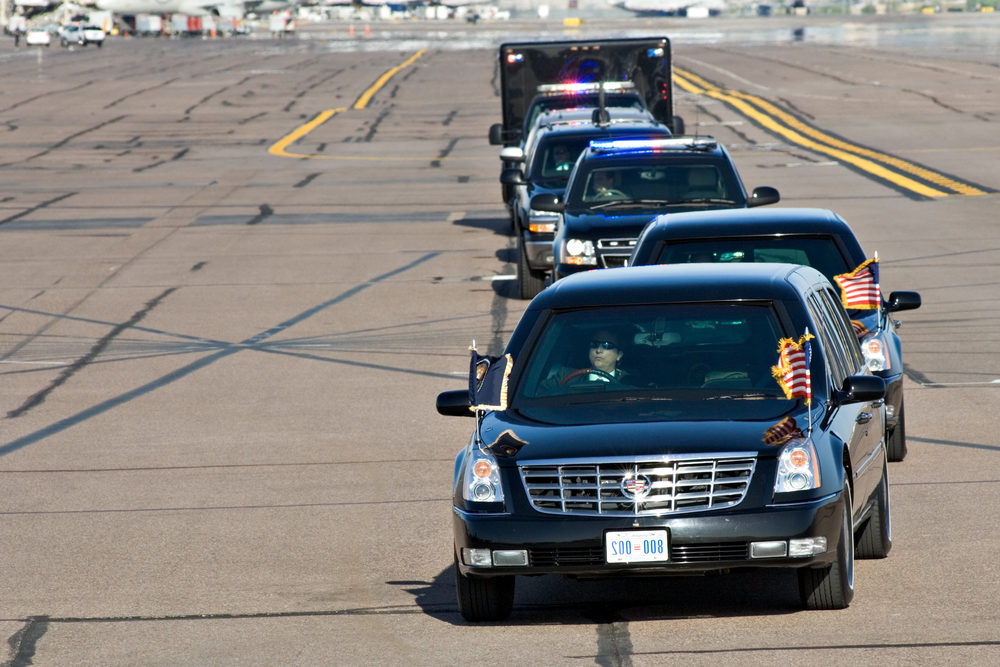In many ways, the modern world, including economic freedom, was born from the fear of tyranny and the institutions (generally unsuccessful) to prevent it. In Power and Prosperity: Outgrowing Communist and Capitalist Dictatorships (Basic Books, 2000), famous economist Mancur Olson had interesting historical remarks about Italian city-states in early modern times:
Sometimes, when leading families or merchants organized a government for their city, they not only provided for some power sharing through voting but took pains to reduce the probability that the government’s chief executive could assume autocratic power. For a time in Genoa, for example, the chief administrator of the government had to be an outsider—and thus someone with no membership in any of the powerful families in the city. Moreover, he was constrained to a fixed term of office, forced to leave the city after the end of his term, and forbidden from marrying into any of the local families. In Venice, after a doge who attempted to make himself autocrat was beheaded for his offense, subsequent doges were followed in official processions by a sword-bearing symbolic executioner as a reminder of the punishment intended for any leader who attempted to assume dictatorial power. As the theory predicts, the same city-states also tended to have more elaborate courts, contracts, and property rights than most of the European kingdoms of the time. As is well known, these city-states also created the most advanced economies in Europe, not to mention the culture of the Renaissance.
This quote is from pp. 39-40 of Olson’s book. Part of it is reproduced at Liberty Tree quotes.
Instead of a bully state, we are in urgent need of a humble state where political leaders and bureaucrats know their place. I especially like Venice’s symbolic executioner, who could beneficially replace the motorcade or, at the very least, occupy the last limousine. (For more discussion of related issues, see my Econlog post “Praetorian Guards from Ancient Greece to Palm Beach or the Hamptons,” January 14, 2019.)


READER COMMENTS
Jon Murphy
Jun 4 2020 at 8:46am
Venetian politics is a fascinating thing. I saw a presentation on it a few years ago at GMU. Apparently, as another check on power, the ruling council would elect a doge essentially on their deathbed. The logic being that of they did turn out to be tyrannical (the doge had lots of power), they’d be dead soon anyway. There were exceptions to this rule, such as in a time of war, but for the most part the doge had one foot in the grave.
Mark Brophy
Jun 4 2020 at 9:59pm
Enrico Dandolo was doge for 13 years and died at age 98 in 1205. He was considered one of the best doges of Venice.
Jon Murphy
Jun 5 2020 at 7:17am
Yup yup yup! He was an interesting guy who deserves more study and fame than he gets
Thomas Hutcheson
Jun 4 2020 at 10:54am
I’ve lived in many countries and I’ve concluded that motorcades per mile of paved road is and excellent indicator of underdevelopment.
I have not seen date but my impressing from living in DC is that the rump administration has many more (or larger? or noisier?) motorcades than did the Obama administration.
Pierre Lemieux
Jun 4 2020 at 1:03pm
Thomas: You’re, it’s a promising indicator. I hypothesize that it would also be a good indicator of tyranny.
Matthias Görgens
Jun 6 2020 at 10:31am
I heard the Dutch Royals cycle to work.
No clue how their normal government people get around, though.
Comments are closed.